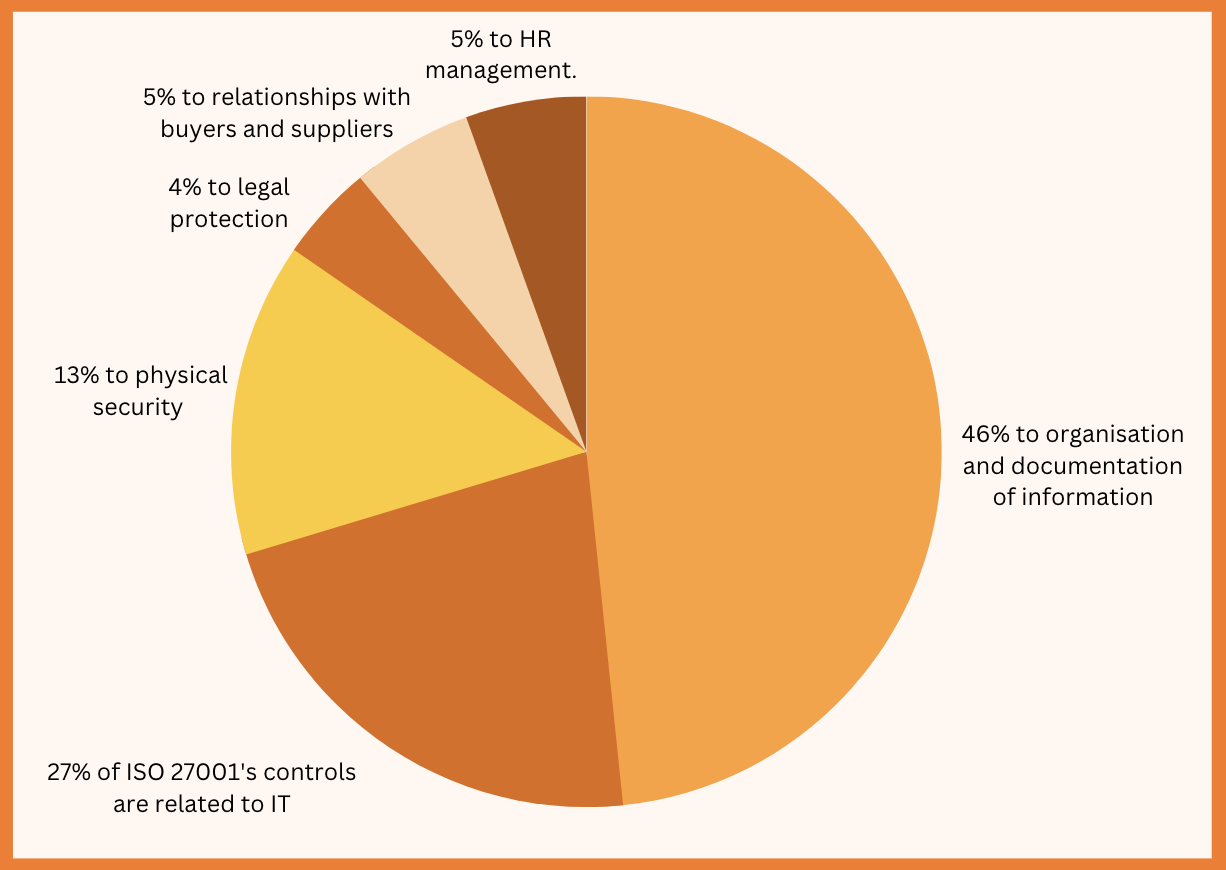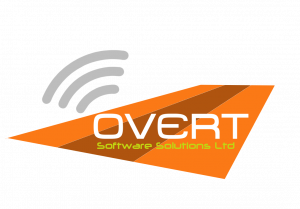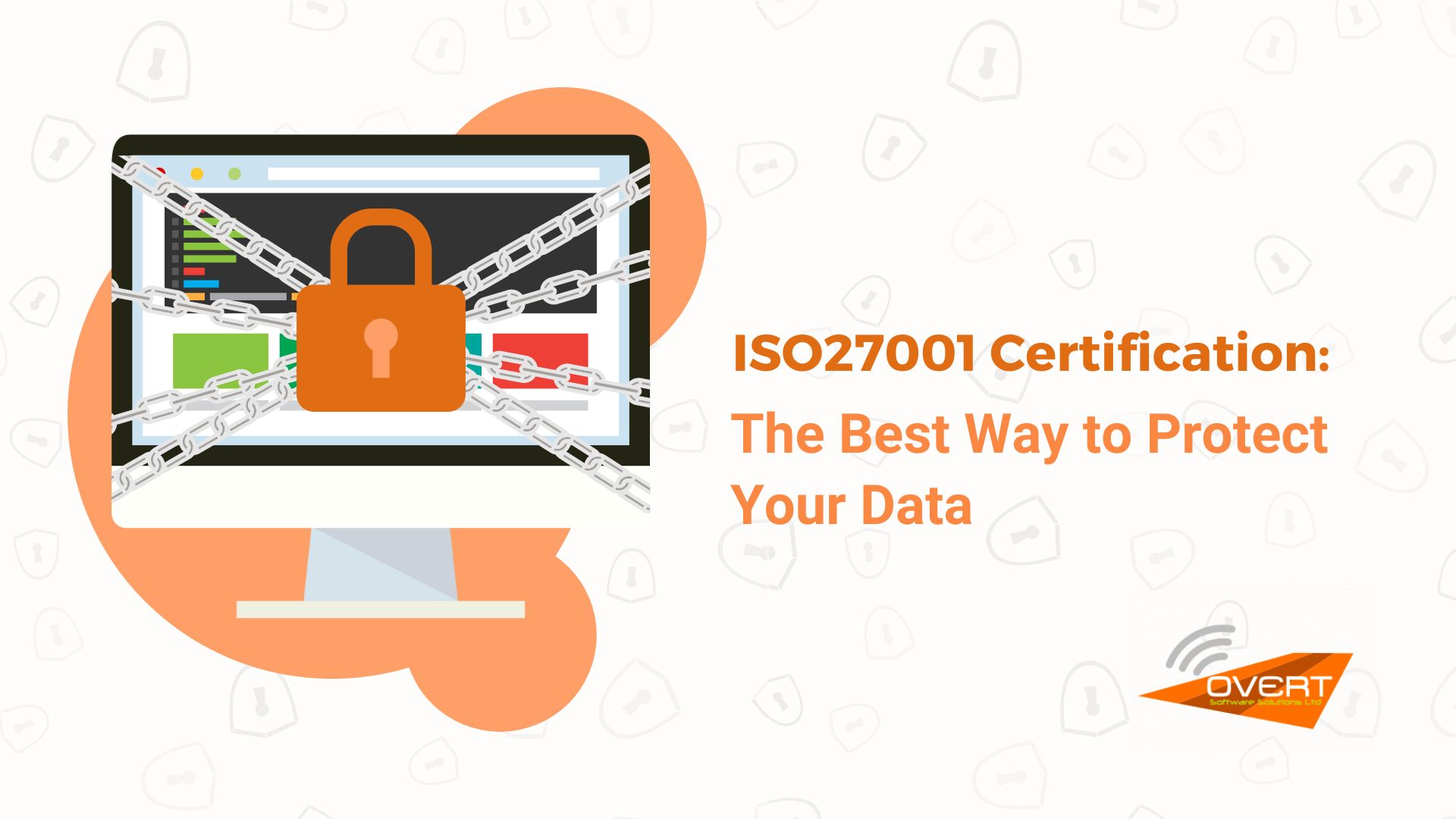Introduction
Defining policies and procedures is crucial to ensure that employees understand their roles and responsibilities in an organization. While primarily addressing cyber security and technical controls, the ISO 27001 standard also plays a significant role in employee awareness. ISO 27001 emphasizes the importance of background verification and competence checks for job applicants.
In this guide, we'll discuss how implementing ISO 27001 can benefit the employees of an organisation.
For a more technical exploration of ISO 27001, check out our in-depth guide.
What is the difference between information security and IT security?
Information security and IT security may seem like alternative terms for the same concept. In fact, there is an important difference between the two.

Information security refers to the controls and processes associated with keeping any and all information that an organisation stores and processes (whether physically or digitally) secure. This can include the physical security of offices and devices, the structure of an organisation and the access privileges given to each member of staff, compliance with legal requirements and regulations, and more. Anything associated with information and how it is accessed is related to the broader concept of information security.
IT security is a specific and crucial component of information security. It involves IT systems themselves, and any controls or processes implemented to keep information secure and prevent any unauthorised access to it. For example, protecting resources with passwords or outer authentication methods is an example of IT security. IT security is a subcategory of the broader concept of information security. IT security is vital, but is only one piece of the puzzle!

The ISO 27001 standard includes a number of best practices for IT and information security. 27% of ISO 27001's controls are related to IT, 46% to organisation and documentation of information, 13% to physical security, 4% to legal protection, 5% to relationships with buyers and suppliers, and 5% to HR management.
Successful ISO 27001 implementation can significantly increase overall security. An information security management system (or ISMS) is a set of policies and procedures governing an organisation's storage, processing, and access of data. The ISMS ISO27001 can help organisations develop a comprehensive and effective information security policy.
How does ISO 27001 benefit employees?
Many organisations have implemented ISO 27001, the international standard for information security management systems, to ensure their data is safe. But did you know that employees can also benefit from implementing this standard? Here are compelling reasons to work for an ISO 27001-certified company:
Which industries need to have ISO27001?
ISO27001 compliance isn't legally required, but it is highly recommended for organisations in a number of different industries. Ultimately, any organisation that handles sensitive data can benefit from ISO 27001 implementation. However, there are certain industries where ISO 27001 is particularly useful. For instance, the ones that are listed below;

Of course, IT itself is a key industry where ISO 27001 is useful. It can help IT organisations comply with clients' security requirements and SLAs (Service Level Agreements).
Telecommunications companies can use ISO 27001 to ensure compliance with the various regulations associated with handling vast amounts of customer data. The same is true for financial institutions like banks and insurance firms, where highly sensitive data is processed and security breaches are always a concern.
Another type of organisation for which ISO 27001 can be especially advantageous is the government agency. Not only do government agencies handle large amounts of sensitive data, but this data belongs to citizens rather than consenting customers. This means that any security breaches are particularly likely to cause serious issues or even political unrest.
Why is it important for companies to be ISO27001 certified?
An ISO 27001 certificate is a mark of quality that appeals to customers and potential customers. Compliance with the ISO 27001 standard also helps organisations identify and avoid technical and non-technical security threats. Avoiding security breaches or errors can save organisations huge amounts of money.
The Identity Theft Resource Center (ITRC) tracks data breaches across the US. For example, in 2022, there were over 1,800 incidents with over 422 million victims. In 1,143 of these, full social security numbers were compromised. This reinforces the need for any organisation that handles sensitive data to develop effective ISMSs like those enabled by ISO 27001.

ISO 27001 also embeds data protection into organisational strategy (including business continuity and partner ecosystems), improves the efficiency of administrative and operation processes, and increases employees' knowledge and understanding of security.
The new ISO27001 standard
Like other cyber security standards, ISO 27001 is regularly changed and updated to reflect new developments in security and to address new threats. The latest version of the standard has adjusted Clauses 4 to 10.
One key change relating to employees is Clause 5.3:
"Organisational roles, responsibilities and authorities"
The amendment states that “top management shall ensure that the responsibilities and authorities for roles relevant to information security are assigned and communicated within the organisation”.
Organisations are recommended to read and implement any changes to the standard, but a transition period of 3 years is afforded before any assessments are carried out.
The key takeaways
Implementing ISO27001 benefits every member of an organisation and ensures that employees at all levels feel informed and empowered to work in a secure way. In summary:
- It helps your organisation attract new clients and employees by demonstrating that you meet or exceed industry standards for confidentiality, integrity and availability.
- Outlines the information security policies and procedures for employees to follow. This helps keep data safe by lowering the risk of data breaches and ensures that the reason for it will be investigated if a breach does occur.
- A boost to the organisation's reputation for security means that more work will be assigned across the company, and employees will have the chance to show how valuable they are.
At Overt Software, our ISO 27001 implementation helps us to provide excellent customer service while keeping data protected. If you'd like to learn more about ISO 27001, we recommend reading our in-depth guide.
For more information on Overt and the services that we provide, check out our Products page.



